Terrific Twos
Early Years Brain Development
Babies are born with 25% of their brains developed, and by the age of 3 the brain increases in size to 80% of its adult weight. A child’s development score at just 22 months can serve as an accurate predictor of educational outcomes at 26 years.
Pre-School has a positive net effect on English and Maths, not just on early outcomes but this can still be seen in English and Maths scores at 11 and 16 years. This effect is greatest for children who experience a high quality pre-school education. High quality early education combined with starting at an early age have been shown to have a direct impact on the attainment of children.
“The quality of pre-school has the strongest effect on year 6 outcomes of all pre-school measures. For this reason the effect of pre-school duration from age 2 should be combined alongside the effects of attending pre-school of high quality.
”
The Science
During pre-school years children’s brains are highly sensitive, and there are optimal times when certain areas of the brain are most ready to develop. These are known as ‘Sensitive Periods’, and many of these highly sensitive periods occur between the age of 2 and 3. Sensitive Periods open a window of opportunity where experiences have a greater impact on brain development.
High Quality Early Years Education
At Abercorn School we do not consider this stage as being the “terrible twos”. We recognise the uniqueness of being 2 and the significance of children’s brain development at this time. We call this stage the “terrific twos”! We recognise that learning through play is how children explore the world, learn valuable information, and build networks of connections in the brain. Our environment is carefully planned and adapted to support children’s individual brain development across all key areas of learning.
Repeated experiences in a consistent environment help strengthen network connections in the brain. In the Nursery our highly qualified teachers and practitioners provide opportunities and experiences to ensure these sensitive periods are catered for to strengthen important connections. We will support you in understanding the importance of schematic play and develop an individual plan to ensure your child is reaching their full potential. If you would like to learn more about Abercorn’s approach to early years education please do not hesitate to get in touch.
“Our image of the child is rich in potential, strong, powerful, competent and most of all connected to adults and other children.
”

